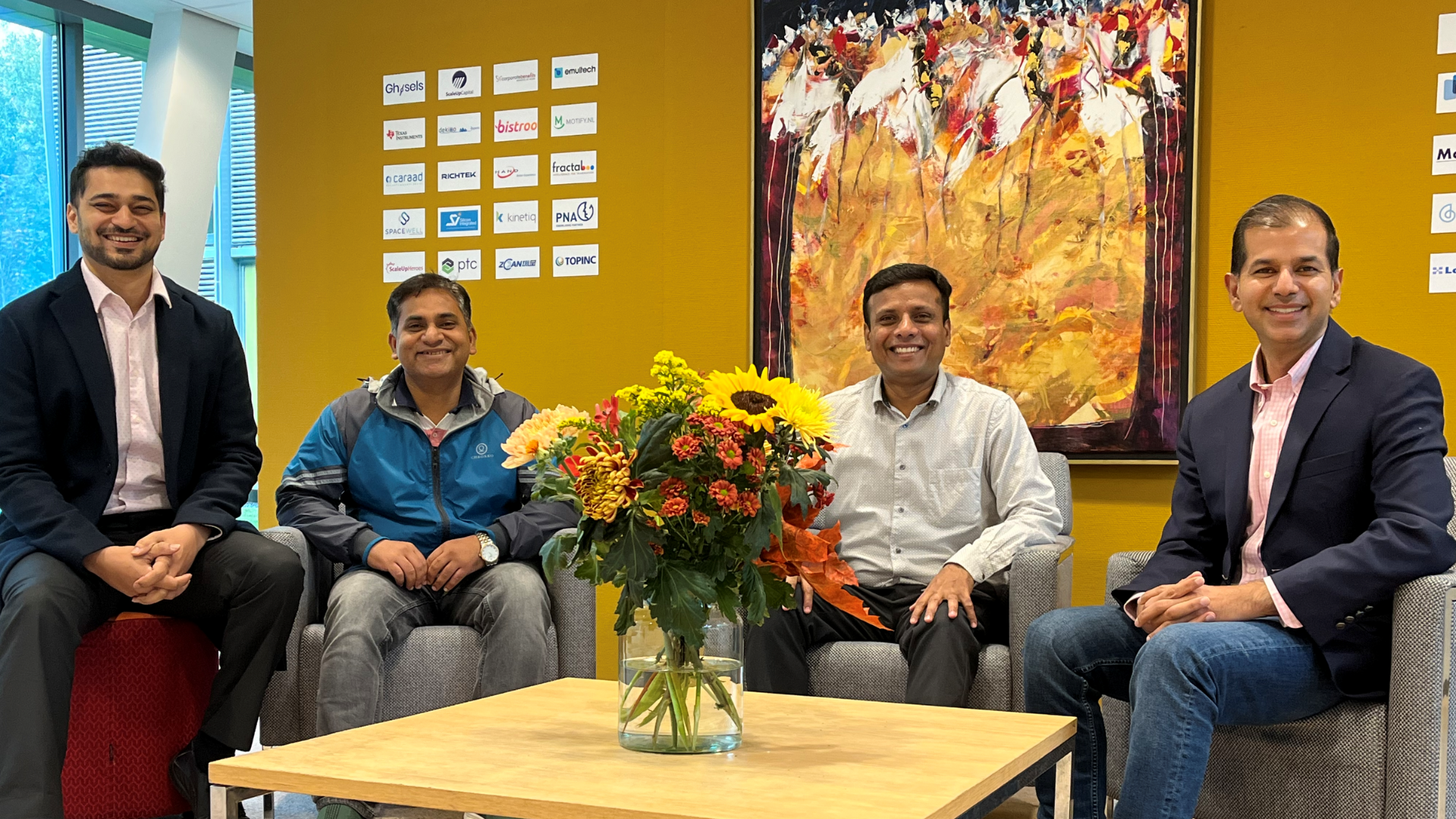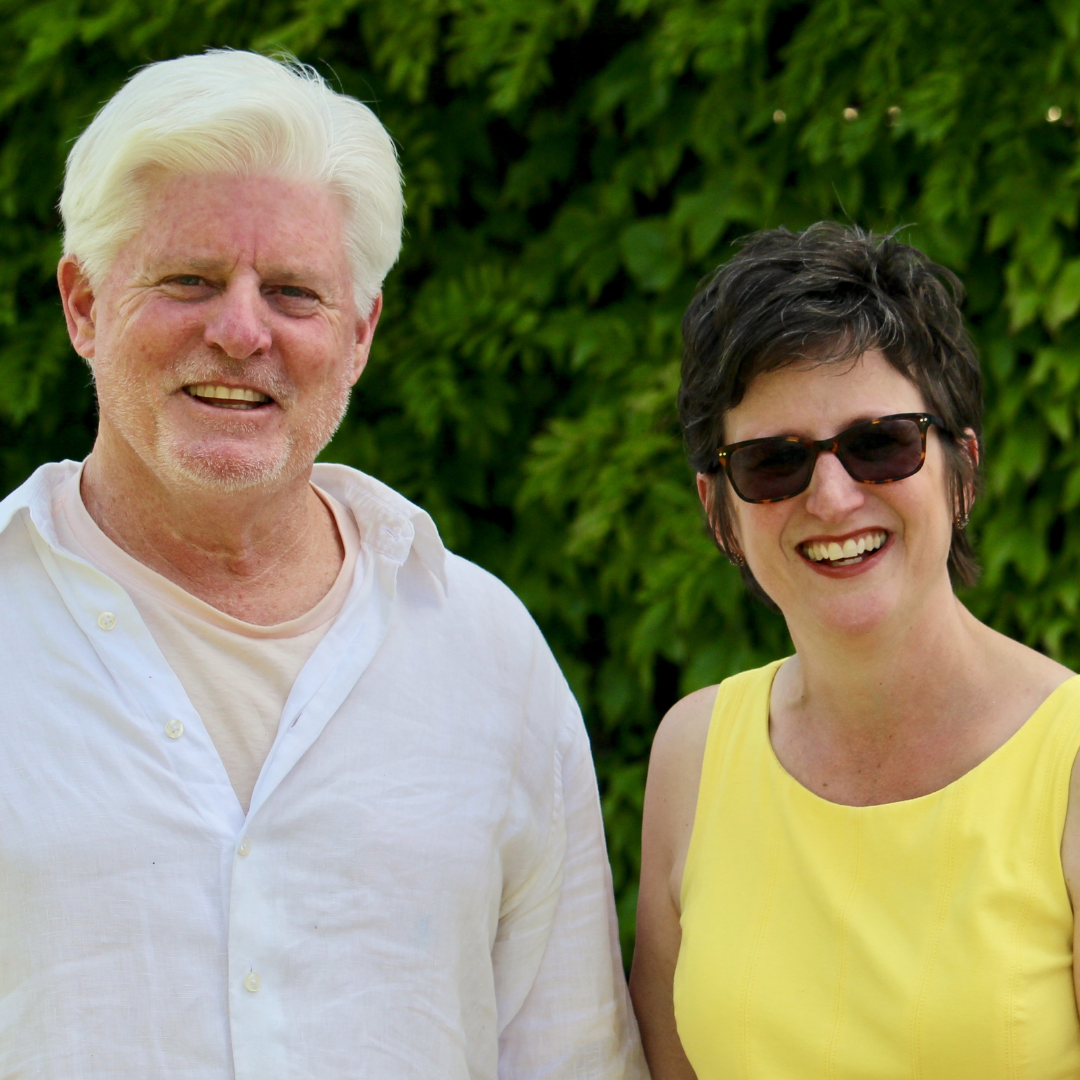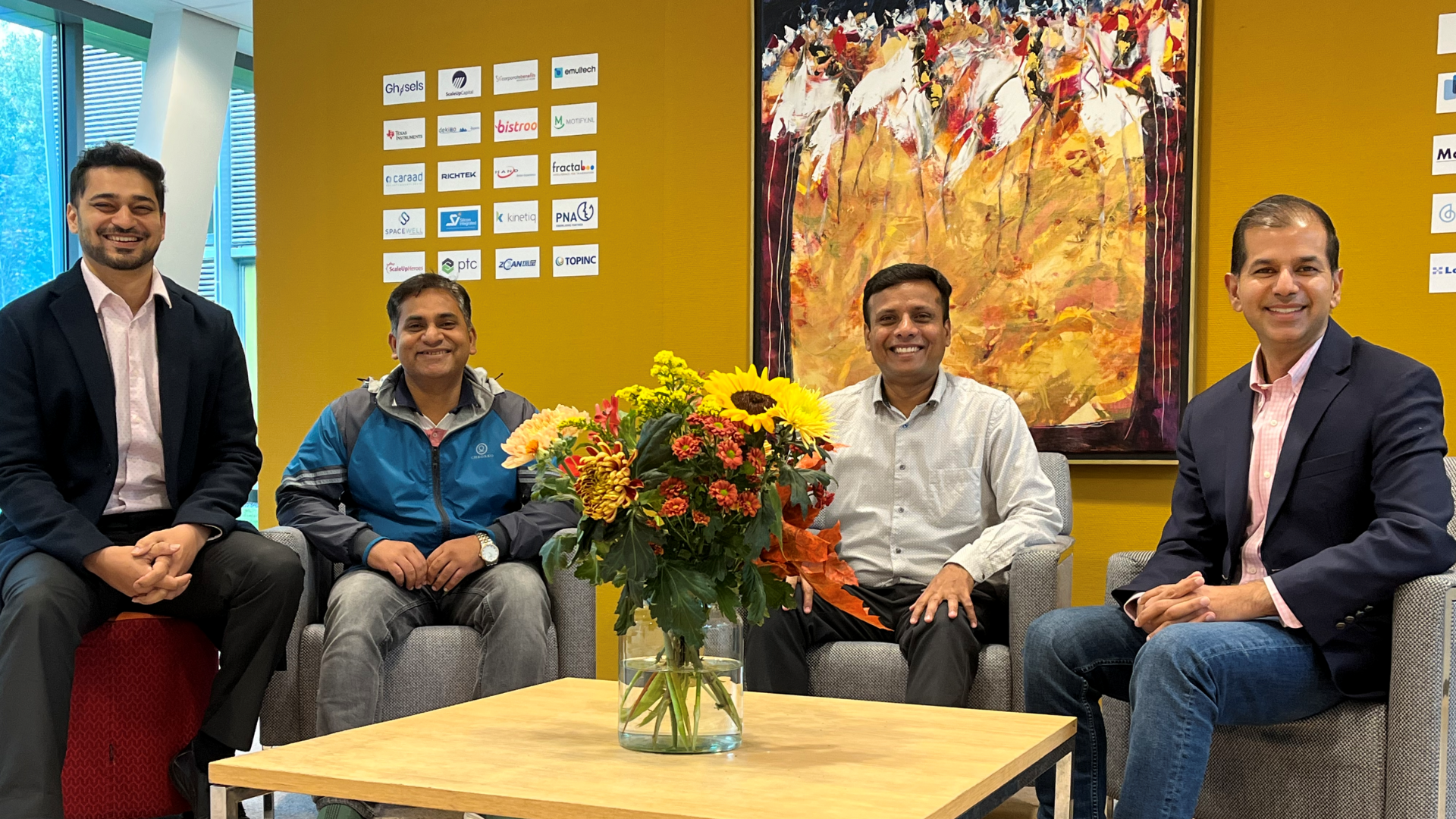


2022 has been a big year for Fractal. In January, the company announced a successful funding round of $360 million from U.S. VC TPG, with a valuation of $1 billion, making it India’s latest Unicorn. It announced its latest acquisition, Neal Analytics. And most recently? Fractal opened its newest office right here on High Tech Campus Eindhoven, the company’s first office in the European Union.
All this success links back to Fractal’s reputation as one of the most innovative data-science/behavioral science firms in the world. Artificial intelligence and advanced analytics help their clients do everything from getting consumer-focused products to market faster to streamlining day-to-day business process decisions. So, in a sense, Fractal is one of a new generation of data-hungry consulting firms, sort of a McKinsey on steroids.
Interestingly, Fractal didn’t start in Boston or London. Its roots are in India because that’s where the talent is.
Fractal started 22 years ago to use data analytics to streamline Indian bank loan approval processes that took months and resulted in too many rejections. Fractal cut the approval time to minutes and significantly improved credit scoring models. But most interestingly, the Fractal founders did the work on the condition that they would take no fees, just a reference to new clients and to be considered for future opportunities with the same bank. “And they agreed to that. So, that was the starting point,” said Suneet Khanna, the head of the new Eindhoven office.
The founders built the business by extending new Decision Science-based technology, including analytics, data engineering and design services to new industries such as consumer packaged goods, insurance, healthcare, telecom, media and retail.
Going ‘end-to-end’ with clients
While data science, analytics, AI and machine learning are loaded buzz words, there are essentially five things you can do with this emerging technology, Khanna said.
• Provide customers and employees a better experience
• Improve a wide variety of internal processes
• Launch products faster
• Better position your company to compete
• Make daily decision making faster and better
As the business grew, it expanded its offering. Now, in addition to data on consumer trends, it also helps clients refine internal processes, accelerate product launches, analyze competitive trends and create more efficient executive decision-making. To keep ahead of client needs, Fractal is rapidly introducing more artificial intelligence-enhanced analysis products.
“We don’t want to do just one bit of modeling for a client. We tell them: ‘This will not help your purpose. You will fail in this manner.’ We're trying to go end-to-end with them.”
Khanna has a number of priorities as the company stands up its first Europe operations.
Basically, Fractal is a services company, creating white-box products that improve clients’ strategic decision making. Those include Senseforth.ai to enhance customer experience by harnessing conversational AI and Natural Language Processing (NLP); Qure.ai to assist radiologists in making better diagnostic decisions; Crux Intelligence to assist CEOs and senior executives make better tactical and strategic decisions; Theremin.ai to improve investment decisions; Eugenie.ai to find anomalies in high-velocity data; Samya.ai to drive next-generation Enterprise Revenue Growth Management; and Analytics Vidhya edtech platform of 1Mn+ registered users and 3Mn+ monthly visitors.
They seek clients who understand – and can use to the fullest – the value of analytics, Khanna said, and that means being selective about clients.
Working with top clients means recruiting top talent
“As a rule of thumb, what we follow is 10/20/30. The client has either $10 billion in revenue, $20 billion in market cap or a consumer base of 30 million people.” So, that client base is basically all the companies in the Fortune 500. To work with top clients, the company recruits top talent. Fractal executives recognize the importance of recruiting great people and keeping them by offering them a great place to work. “It's important for us to keep them excited so they don't leave,” promotes Khanna. M&A – Mergers & Acquisitions – is playing a large role in the company’s strategy. The company continues to acquire smaller companies to expand its services to clients. However, more important than this, Fractal’s strategy lies in client selection and employee retention.
The pandemic and the prior years have brought a revolutionary approach.
Fractal’s flexible “crossover” talent approach
Since it’s a services business and platform-agnostic, Fractal already focuses heavily on training its employees, with significant investments in Fractal Analytics Academy and its edtech platform. It applied the same philosophy to recruiting by asking the question, “Why should we worry about finding an exact match in qualifications?”
This flexible mindset means Fractal can find a candidate with a background in mathematics but who is working in another industry with limited modeling or cloud engineering experience. After an initial training program, that candidate has a similar skill set as the data scientist or cloud engineer the company was originally looking for.
By focusing on training post-hiring, Fractal can recruit candidates with solid backgrounds and who are willing to learn, not someone whose resume fits the job description perfectly.
“Our HR team is consciously going after this crossover talent in the market,” says Khanna. “There are people who are very keen to do something more, not just the track they've been following. They're willing to deviate tracks and are interested in digitalization of industries with cloud operations and data science. So, we are investing a lot in learning via training curriculum, edtech platform and skillset effectiveness.”
Unicorn or lean startup? Yes.
Currently, Fractal’s revenue from the UK is a minority share of the total, while the rest of Europe is just starting. Fractal serves European clients through its London office but being a long-time partner of some Dutch corporates, it was natural to expand its presence to mainland Europe. The decision was made back in 2017, but the pandemic slowed the execution.
Before its expansion to Eindhoven, Fractal was already global, with 16 offices and more than 3,500 employees around the world. Its presence on HTC is limited at the moment, taking a lean startup approach and backed by the mother ship in India. The company currently has four people working from Eindhoven, but it won’t always be that small.
Khanna is tasked with business development for the Brainport region. At the top of his priority list is expanding the company’s relationship with Eindhoven clients. “What we do with Dutch clients is a fraction of what we do with the Fortune 500 clients in the U.S. We can offer them so much more,” he says. “But we want to bring our services and products to all of the Eindhoven ecosystem, including the corporates, government groups and academia, helping the latter expand digital talent pool with cross-geography talent incubators of a sort.”
The other three Eindhoven employees were handpicked for their technical expertise in cloud technologies and data science. “I take these technical experts into conversations and workshops where we help clients uncover needs around cloud-driven data science operationalization and adoption,” says Khanna. “We will keep India as where the program horsepower resides, but very slowly, we will build the staff in Eindhoven. We want to make sure we scale with a robust roadmap in front of us. We’re going to be super lean like a startup for now.”
As it enters the European market, Fractal is still below the radar. But with its recent $360 million funding round and Fortune 500 client list, Fractal is poised to compete at the highest levels.